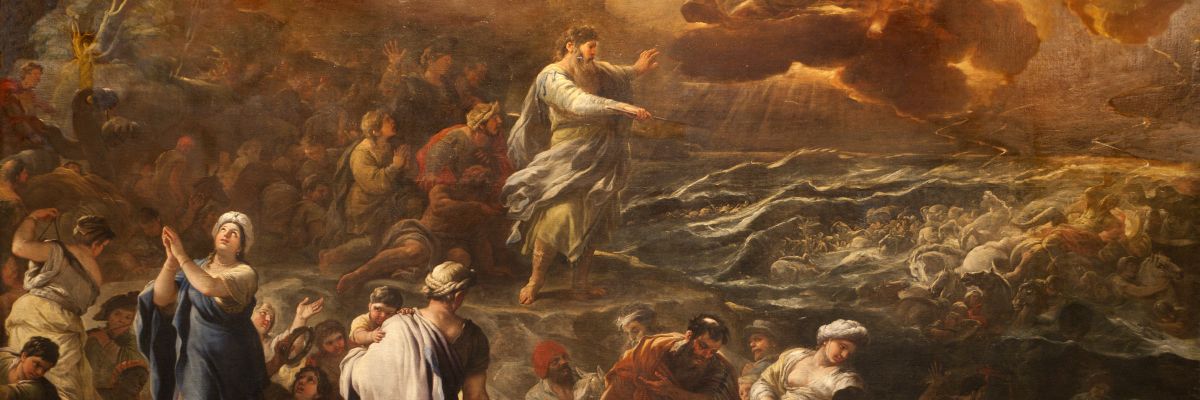
A miracle is an extraordinary sensible effect God causes that surpasses the power and order of created nature. Confusion on the topic exists today; some believe that miracles are only the events that require the immediate intervention of God’s divine power. This is incorrect. In many cases, God works miracles in and through his people as instruments.
God works miracles through three primary modes: angels (e.g., children in the furnace in Daniel 3); men such as Moses (e.g., in Exodus 7) and St. Peter (e.g., in Acts 3); and inanimate objects such as relics and sacramentals. Catholic theologians agree that God uses miracles for three secondary purposes: to confirm sanctity, to affirm a truth, and to benefit the temporal or the spiritual.
The beauty of miracles is that they are not absolutely compelling upon the consciences of men, which would be a violation of free will, but instead act as God’s highest appeal to mankind of his providence and glory, which is the primary purpose of any miracle.



